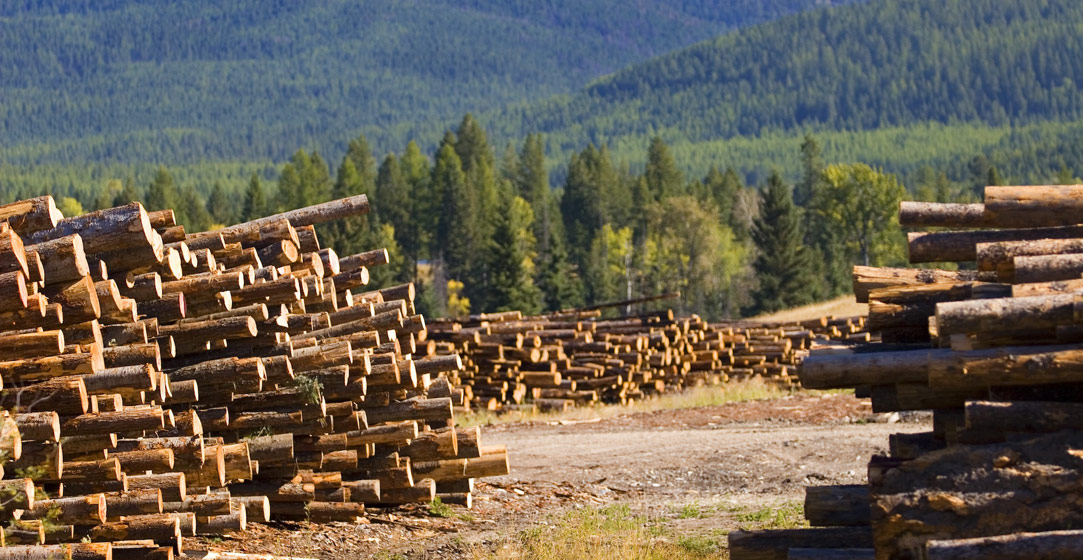The project
Main goal

- To achieve a higher value recovery of timber assortments from the existing forest resources
- To increase the overall efficiency of the timber supply chain
- To provide a greater competitive advantage of the EU forest industry
- To increase of the EU forested area under active management
- To increase both the timber value, the resilience and the ecosystem services provided
- To tackle illegal logging and the related timber trade
- To facilitate a homogeneous and widespread uptake of the digital technologies in the forestry sector
Expected results
RESULT
Entire value chain traceability system for forest products (mechanical and manual)
APPLICATION
The traceability system, based on physical marking of roundwood (single logs) and deployed with a simplified data platform allows stock management, product invoicing and enables a highly precise certification of forest products, including georeferencing of origin.
RESULT
APPLICATION
This system when deployed within the primary processing industry allows:
- Accurate traceability of resources along all log transformation steps
- Link the final product (such as long-lasting structural components) to the unique tree standing in the forest
RESULT
APPLICATION
The elaboration LiDAR data can provide two independent services:
- Real-time optimization of value recovery during tree harvesting
- Elaborate a detailed post-harvest forest inventory

Download and test for free the app
RESULT
Smartphone APP for forest inventory and timber measure
APPLICATION
It can be deployed in two different stages of the forest value chain:
- Inventory of forests for value assessment
- Measure of produced timber during manual harvesting
RESULT
APPLICATION
RESULT
APPLICATION
